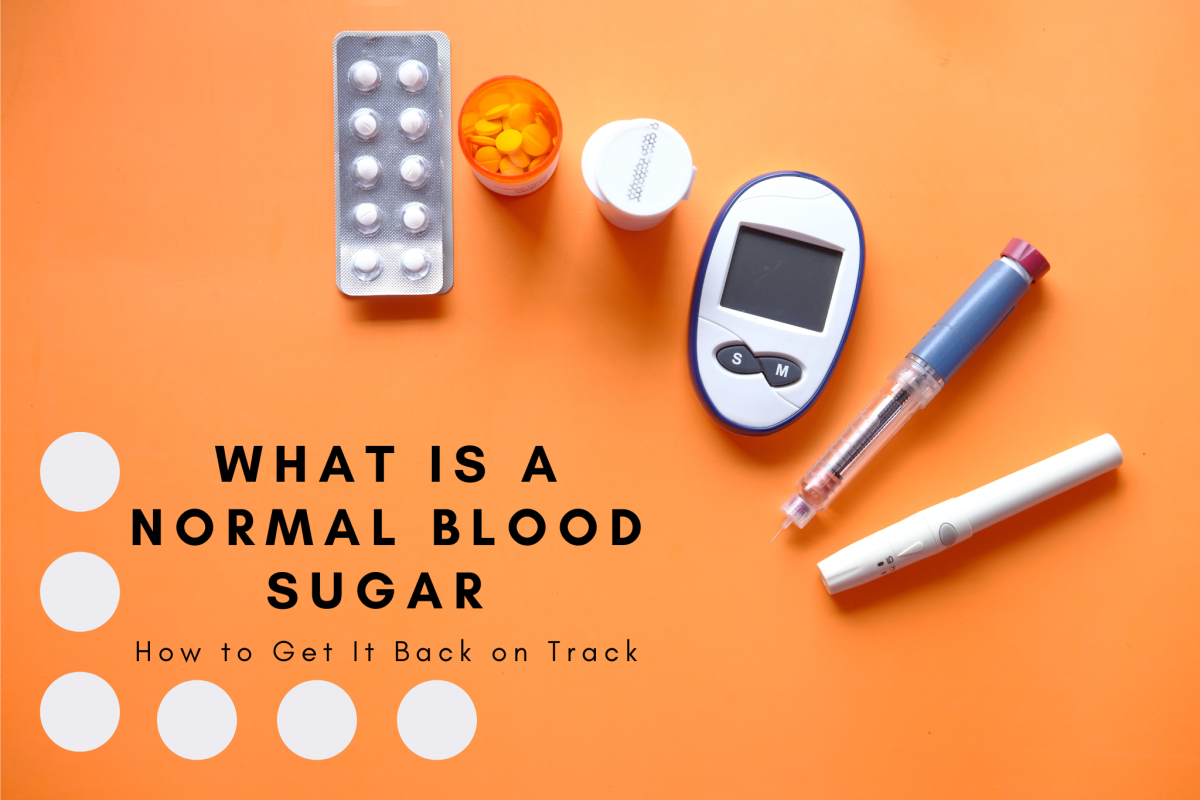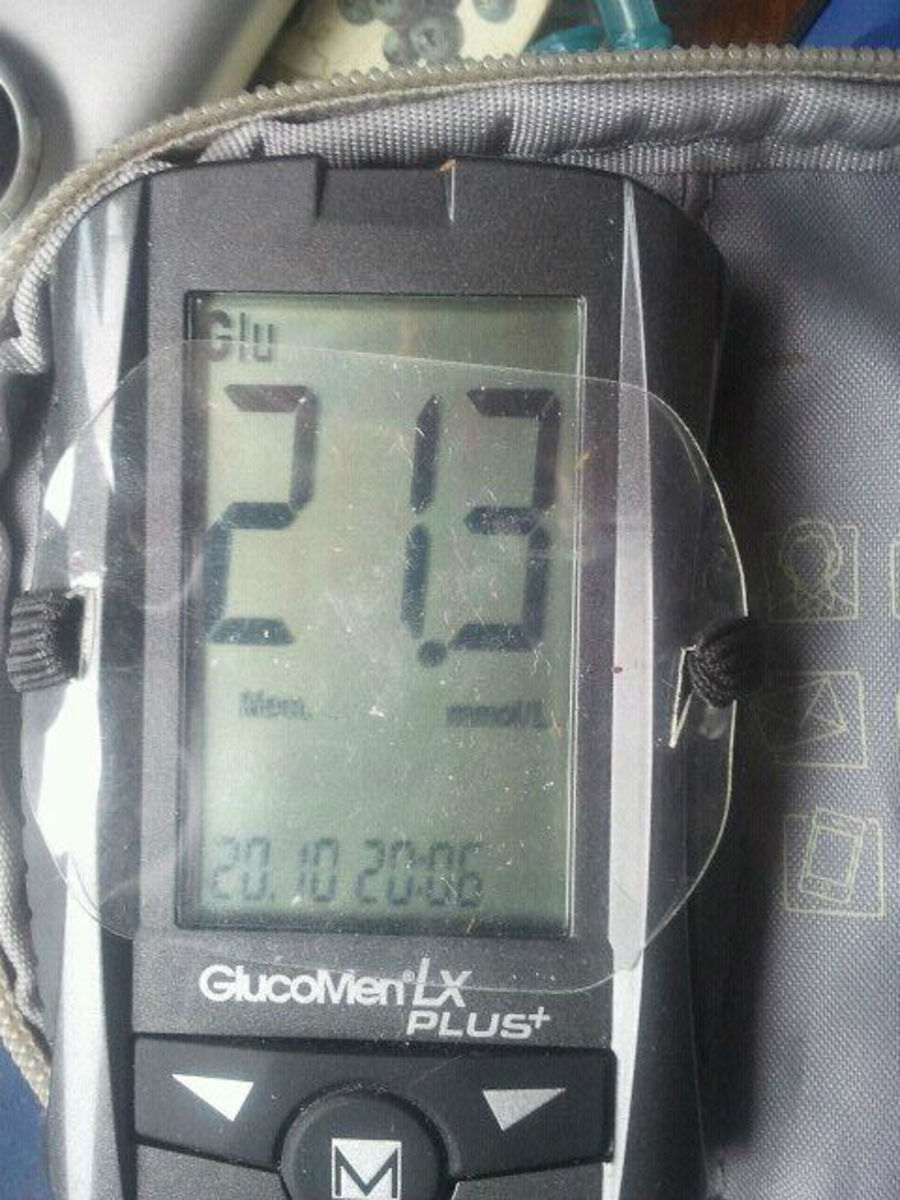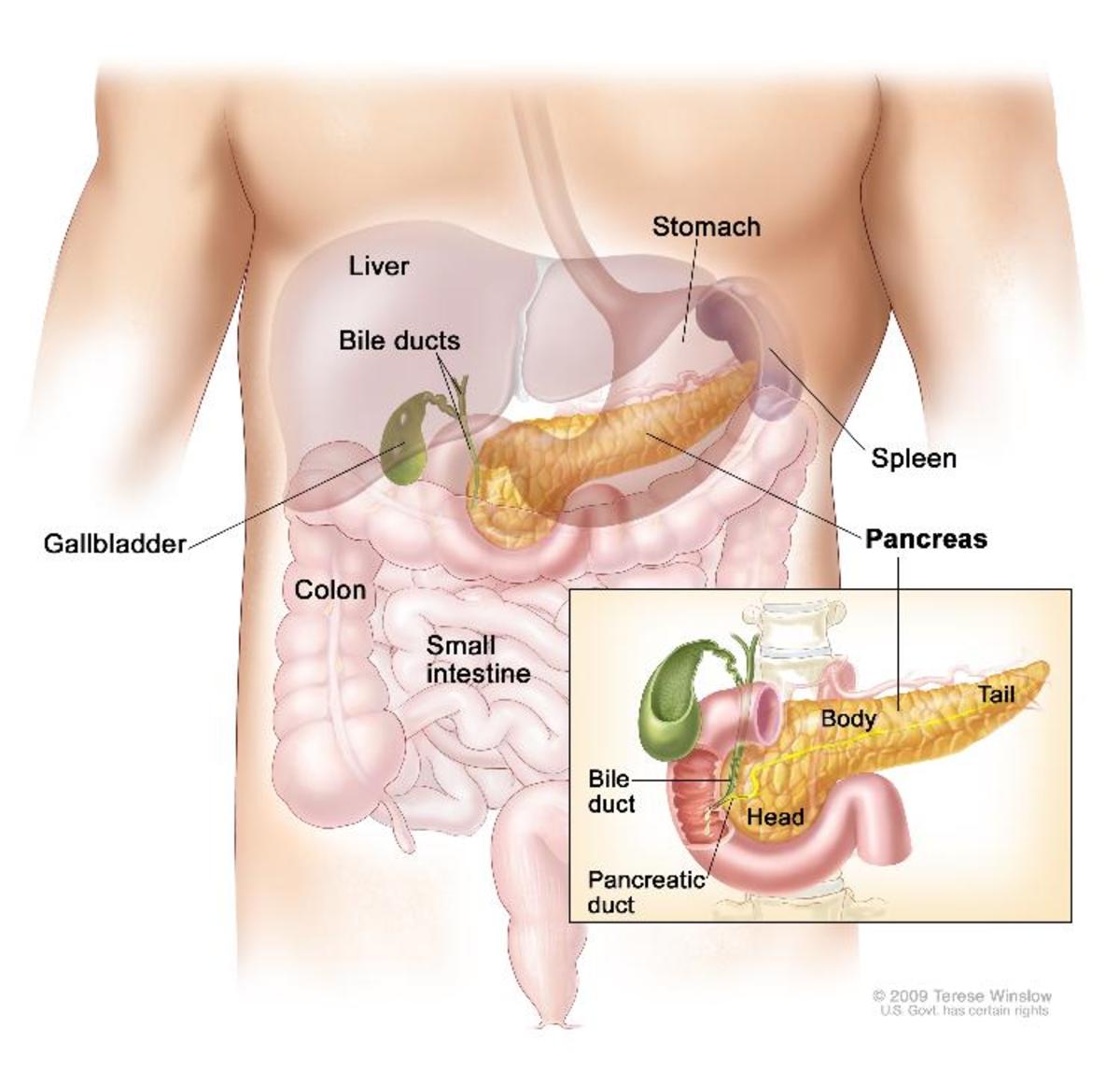What Do Diabetes and Mental Illness Have In Common?

Sleep deprivation
Copyright 2012 - present
Sleep deprivation in recent years has been shown to be related to both diabetes and mental illness.
In addition, a number of research studies have shown that sleep deprivation can lead to, or contribute to, a number of other health problems. Three of the most widely recognized are: heart disease, weight gain and viral infections.
Sleep Deprivation and the Psychiatric Disorder Connection
A 2007 research study out of Harvard and the University of California, published in Current Biology, demonstrated that sleep deprivation leads to a rewiring of the brain's emotional circuitry.
The study, using MRI, found that sleep-deprived individuals exhibited a neuronal rewiring in the area of the brain that secretes norepinephrine, a precursor of the hormone adrenaline that triggers fight-or-flight reactions.
The area of the brain that exhibits this rewiring is called the amygdala - a section of the midbrain that decodes emotion. After individuals were subjected to sleep deprivation they had an increased adrenaline "fight-or flight" reaction when exposed to disturbing photos.
According to Matthew Walker, from the University of California, Berkeley, one of the lead researchers on the team finds that:
“The emotional centers of the brain were over 60% more reactive under conditions of sleep deprivation than in subjects who had obtained a normal night of sleep. It is almost as though, without sleep, the brain reverts back to a more primitive pattern of activity, becoming unable to put emotional experiences into context and produce controlled, appropriate responses.
He adds: "...clinical evidence has shown that some form of sleep disruption is present in almost all psychiatric disorders. These findings may offer new mechanisms as to why, and provide novel insights into how we can understand and even treat these disorders at a brain level.”
Sleep deprivation can lead to a heightened emotional disruption that could potential lapse into a mental illness or a psychiatric disorder.
Sleep Deprivation and Diabetes
Metabolic and epidemiological research studies indicate that sleep deprivation may play a role in the increased prevalence of diabetes.
A 2007 review article out of the University of Chicago and Université Libre de Bruxelles, summarized the findings from a number of research studies and concluded that sleep deprivation, weight gain and diabetes risk may involve at least three metabolic pathways.
1. Glucose pathway (affects insulin)
2. Leptin pathway (affects appetite)
3. Ghrelin pathway (affects appetite)
Sleep Deprivation and Glucose Levels
A link between sleep and glucose levels has been known now for nearly 15 years.
Research from the Leiden University Medical Center has shown that blood glucose levels are adversely affected by just a single instance of sleep deprivation. The sensitivity to insulin drops by almost a quarter with only four hours of sleep.
Additional research, however, shows that acute (sudden and rapid) total sleep deprivation can be readily corrected following a sleep recovery period and so the affects of acute sleep deprivation causing long-term adverse effects on glucose tolerance are reported to be unlikely.
What happens though with recurrent partial sleep deprivation? Over the long term, it is believed to alter glucose metabolism that can lead to insulin resistance. Insulin resistance leads to the onset of Type 2 Diabetes. Type 2 diabetes occurs when the body is unable to be sufficiently upregulate beta-cell function to compensate for insulin resistance. When that happens, the result is hyperglycemia (blood sugar levels become too high).
One other area of research related to this has been on sleep fragmentation. Researchers are looking into whether disrupted sleep affects metabolic pathways and glucose levels.
Sleep Deprivation and the Loss of Appetite Control
Research studies have shown that when sleep loss leads to impairments in glucose metabolism, alterations in the circulating levels of the hormones "ghrelin" and and "leptin" also occur.
Leptin and ghrelin are involved in appetite regulation and energy expenditure. Ghrelin increases appetite and decreases energy expenditure. Leptin, on the other hand, does the opposite. It inhibits appetite and increases energy expenditure.
Sleep deprivation increases ghrelin levels and simultaneously decreases leptin hormone levels. The result is that sleep deprived individuals may likely experience an increased appetite alongside a decreased energy expenditure (reduced metabolism).
The direction of causality (loss of appetite control and diabetes) cannot be inferred from many of these studies. While sleep deprivation can lead to weight gain the reverse could also be true - i.e., being overweight or obese can lead to an inability to obtain good quality and/or sufficient amounts of sleep.
Research articles of interest on this topic:
- The continuing epidemics of obesity and diabetes in the United States.
JAMA. 2001 Sep 12; 286(10):1195-200.
- Relationships between sleep quality and glucose regulation in normal humans.
Am J Physiol. 1996 Aug; 271(2 Pt 1):E261-70.
- Sleep loss: a novel risk factor for insulin resistance and Type 2 diabetes.
J Appl Physiol. 2005 Nov; 99(5):2008-19.
- Leptin levels are dependent on sleep duration: relationships with sympathovagal balance, carbohydrate regulation, cortisol, and thyrotropin.
J Clin Endocrinol Metab. 2004 Nov; 89(11):5762-71.
- Role of sleep duration and quality in the risk and severity of type 2 diabetes mellitus.
Arch Intern Med. 2006 Sep 18; 166(16):1768-74.
Related Hubpages Articles:
Top 3 Health Risks Related to Sleep Deprivation








